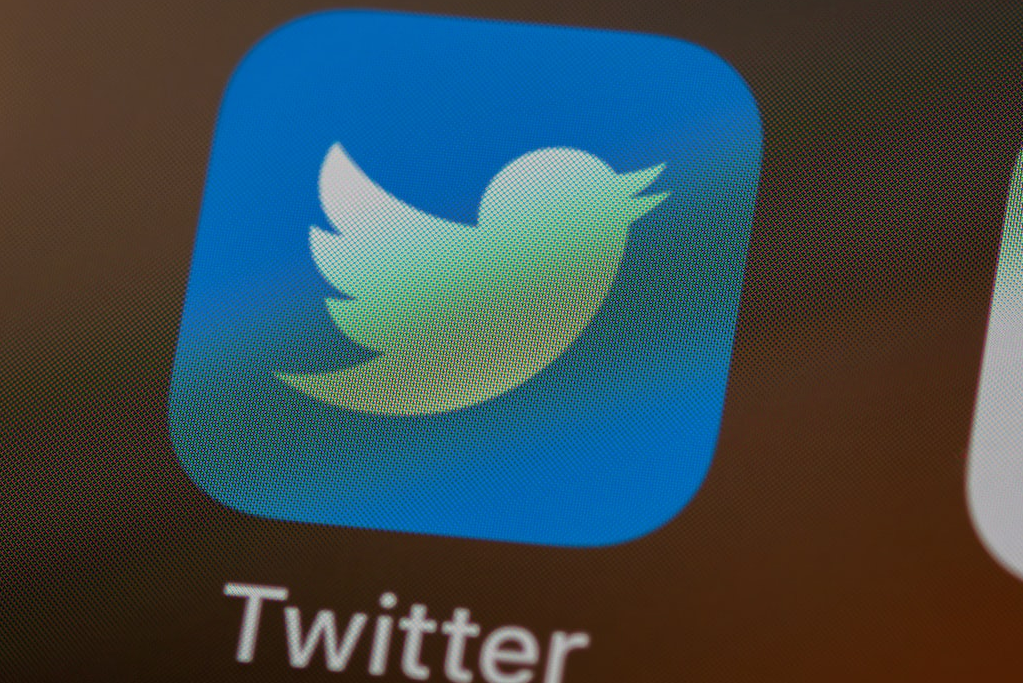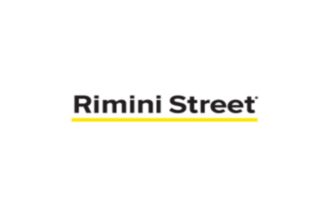Amidst rising global concerns on freedom of speech, Twitter co-founder, Jack Dorsey, accused the Indian government of threatening to shut down Twitter’s operations unless it followed orders to restrict certain accounts. These accounts were critical of the government’s response to the farmers’ protests, a significant social issue in the country.
Dorsey, who resigned as Twitter CEO in 2021, detailed in an interview with YouTube news show Breaking Points how the government’s intimidation unfolded. According to Dorsey, the threats were severe, including shutting down Twitter in India and conducting raids on the homes of Twitter employees.
In response to these allegations, the Deputy Minister for Information Technology, Rajeev Chandrasekhar, a key official in Prime Minister Narendra Modi’s administration, called Dorsey’s claims a blatant lie. He argued that no one was imprisoned, and Twitter was never shut down.
This public dispute has drawn global attention to the challenges faced by international tech giants operating under Modi’s rule. Critics argue that these companies, including Twitter, Google, and Facebook, are frequently criticized for not sufficiently addressing misleading or “anti-India” content.
Dorsey’s allegations not only shook India but also put other countries, namely Turkey and Nigeria, under the spotlight for exerting similar pressures. Twitter, now owned by Elon Musk after a $44 billion deal, was earlier restricted in these countries too.
Also Read: WhatsApp Introduces ‘Channels’: A Step Towards One-to-Many Broadcasting Amid Rising Discontent with Twitter
In contrast, Chandrasekhar insisted that under Dorsey’s leadership, Twitter had repeatedly infringed Indian laws. He did not mention Musk but affirmed that Twitter had been complying since June 2022.
The Indian government’s robust use of Twitter contrasts starkly with its alleged repression of critical content. Activists argue that while Modi’s administration uses Twitter actively, it also resorts to excessive censorship of content it deems critical.
During 2021, the government sought an “emergency blocking” of the controversial hashtag “#ModiPlanningFarmerGenocide” and several accounts. Although Twitter initially complied, it later reinstated most accounts, citing insufficient justification for their suspension. This move led to threats of legal repercussions from officials.
As per Dorsey’s account, many content take down requests during the farmer protests were targeted at journalists critical of the government. India’s ranking in the World Press Freedom Index has slipped from 140th in 2014 to 161st in 2023 out of 180 countries.
This article is based on Reuters website.
















